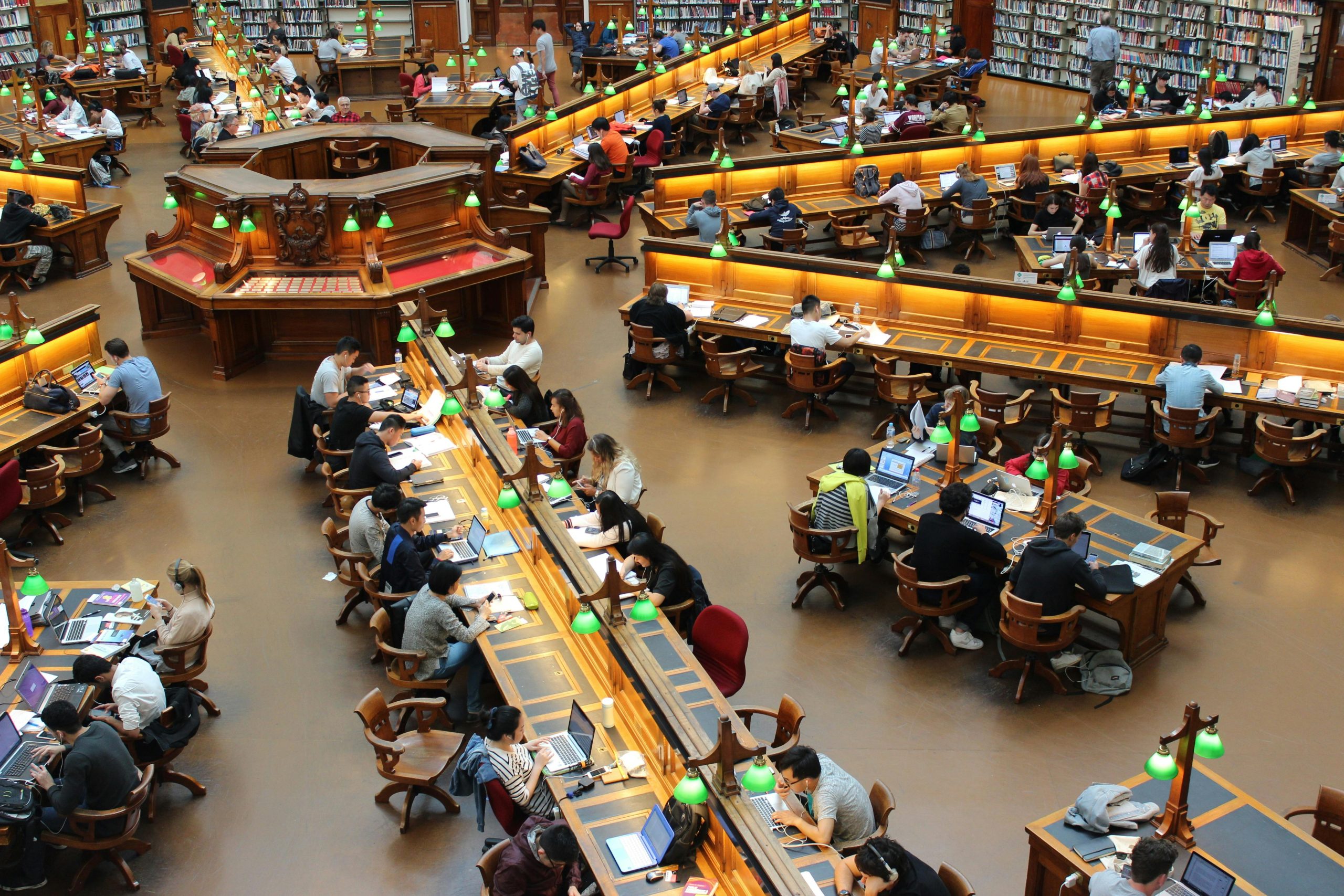This Article Was Generated By AI.

On the stone walls of the ancient Greek Temple of Delphi, the maxim “Know thyself” was inscribed, while in China’s classical Record of Learning, the admonition “Jade cannot become an artifact without carving” was preserved. Eastern and Western civilizations, independently yet in unison, regarded education as a fundamental path to human self-formation. Education is not merely the transmission of knowledge but a dialogue across time and space, a transcendence of the spirit. True education should encompass three dimensions: the inheritance of civilization, the dialogue of thought, and the transcendence of life.
The foundation of education lies in the inheritance of civilization. The French philosopher Rousseau wrote in Emile: “We are born weak, so we need strength; helpless, so we need aid; foolish, so we need reason. All that we lack at birth, all that we need when we come to man’s estate, is the gift of education.” From the Library of Alexandria to China’s Four Great Academies, from medieval European universities to modern research institutions, educational establishments have always served as the “memory palaces” of human civilization. The Italian educator Maria Montessori observed that children spontaneously absorb cultural nourishment in a “prepared environment,” confirming education’s essential role as a vessel of civilization. The novelist Natsume Sōseki, in Sanshirō, depicted the university as a place where young minds encounter the wisdom of sages beneath ancient ginkgo trees—a vivid portrayal of this civilizational transmission. Without education’s role as a conduit, humanity would drift rootlessly, forever circling the starting point of civilization.
Yet, if education stops at inheritance, it becomes a prison for thought. The German philosopher Karl Jaspers warned: “Education is a tree shaking another tree, a cloud pushing another cloud, a soul awakening another soul.” The Northern Song Dynasty Neo-Confucian Cheng Hao’s teaching ideal—”In stillness, all things reveal their truth”—epitomized the essence of dialogical spirit in traditional Chinese education. In the cafés of Paris, the debates between Sartre and Beauvoir birthed existentialism; on the lawns of Cambridge, the dialogues between Wittgenstein and Russell reshaped modern philosophy. These defining moments in educational history teach us that truth often emerges in the interstices of dialogue. The American educator John Dewey argued that “education is the continual reconstruction of experience,” emphasizing its nature as an open-ended process. The French tradition of philosophical education—where high school students debate propositions like “Does freedom mean disobedience?”—exemplifies the cultivation of dialogical thinking. The true value of education lies in its dual capacity to transmit what is known while exploring the unknown, maintaining a vital tension between affirmation and doubt.
The highest mission of contemporary education is to guide lives toward self-transcendence. The Indian philosopher Jiddu Krishnamurti believed: “The true function of education is to help the individual mature and be free, to blossom in love and goodness.” The ancient Chinese ideal of “The Way of the Great Learning lies in illuminating virtue, in renewing the people, and in resting in the highest excellence” resonates with the Greek concept of education as “the turning of the soul.” When Marie Curie discovered radium in her humble laboratory, she not only expanded the boundaries of human knowledge but also revealed the spiritual heights education can attain. Finland’s emphasis on “learning to learn” and Germany’s vocational training system, which nurtures “the spirit of craftsmanship,” both affirm the same truth: education must ultimately serve the holistic development of the individual. As Antoine de Saint-Exupéry wrote in The Little Prince: “What is essential is invisible to the eye.” Similarly, the true outcome of education is not measured in grades or diplomas but in the growth of the mind and the elevation of one’s being.
Looking back at the history of education—from Confucius’ ideal of “education for all without discrimination” to Humboldt’s principle of “the unity of teaching and research,” and now to the modern concept of “lifelong learning”—we see that education has always sought equilibrium between tradition and innovation. The Czech educator Comenius, in his Great Didactic, envisioned “pansophic education,” which serendipitously aligned with the ancient Chinese wisdom of “teaching students according to their aptitude.” In this era of information explosion, we must return to the essence of education: it is not merely preparation for a career but cultivation for life; not just the continuation of culture but the innovation of civilization.
Education is like an ever-flowing river, carrying the sediment of history while surging toward future possibilities. In this current, each generation is both an inheritor of civilization and a creator of new culture. Only by integrating inheritance, dialogue, and transcendence can education fulfill its sacred mission—not merely telling students what the world is, but inspiring them to imagine what it ought to be. As the Russian educator Konstantin Ushinsky declared: “The chief goal of education is to grant inner freedom—the ability to think and live independently.” This ability is the eternal light that illuminates the path of human civilization.



